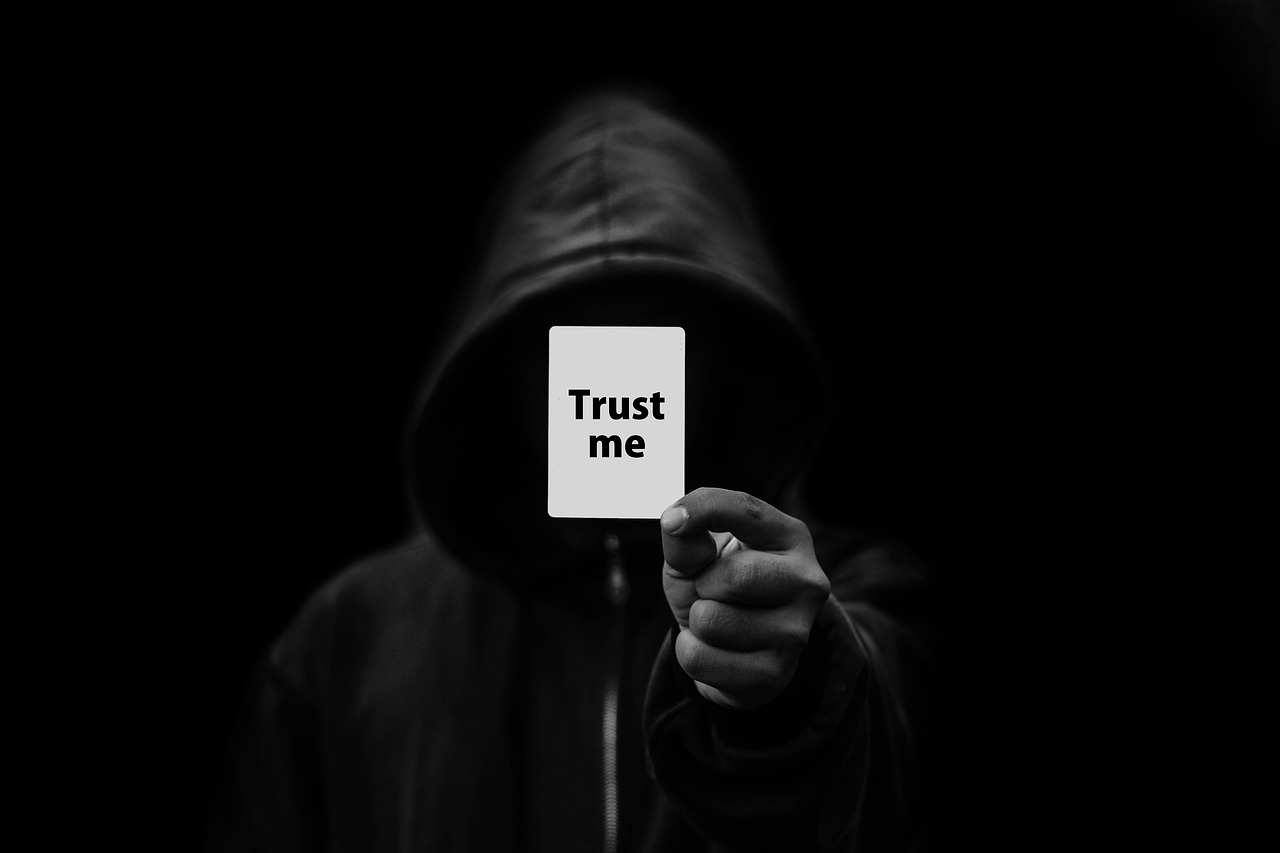
Gaslighting is a form of psychological abuse intended to frustrate or make you question your perception of reality. Such emotional manipulation, by a narcissist and other self-absorbed personality, can leave you unsure of yourself. It leads you to distrust your thoughts, memories, and sanity. It’s no surprise that victims of gaslighting often struggle with anxiety and feelings of confusion.
Are you a victim of gaslighting?
If you’re not sure, read on. This article is for you.
What Is Gaslighting? And How Do You Know If It’s Happening To You?
Gaslighting is manipulation. It’s as simple as that. Whether intentional or not, gaslighting can be devastating and is incredibly common in abusive relationships. The aim of gaslighting is to make the victim question their judgments. Though gaslighting largely occurs in dating and marital relationships, it’s not uncommon in relationships where there is a power differential – at work, for instance.
Like all abuse, gaslighting starts small. It’s important to understand that gaslighting is abuse and the cycle of abuse typically has great moments and bad ones. And this is a trap to keep you in the relationship for as long as possible. In the end, you’ll find your self-worth deteriorated and unable to fully trust yourself or your instincts.
Anyone can fall victim to gaslighting. Unfortunately, it works against you like a charm unless you recognize the signs early on. Here are some signs that you’re a victim of gaslighting.
1. You don’t feel valued in your relationship
Something is “off” in your relationship, be it with your friend, boss, spouse, or mother. A gaslighter will tear you down just to build you back up, so you’re left unsure about where you stand in your relationship.
Trivializing your thoughts and feelings allows the gaslighter to gain power over you, and so does the positive reinforcement. By confusing you, the manipulator slowly gains control over you to the point where you start looking to them for direction. They might make statements like “You’re too sensitive” or “It’s not that big of a deal” to break you down and leave you feeling confused.
2. You can’t describe yourself
A key effect of gaslighting is that you end up losing your sense of self. When your sense of self-worth gets eroded, so does your identity. You become unable to define yourself outside of your relationships. At this point, you can only describe yourself in your abuser’s words.
So, you constantly find yourself apologizing for who you are, saying things like “I know I’m annoying” or “I know this sounds crazy, but…” You see yourself through your abuser’s eyes, and when this happens, your identity is dependent on how they view you.
3. You feel fuzzy about your thoughts, feelings, or beliefs
Do you keep second-guessing yourself? Victims of gaslighting often lose their confidence and stop trusting themselves. You no longer know what to do or even what to think. And you’re constantly afraid of making mistakes.
In time you end up seeking your gaslighter’s advice for every little thing. When someone is overly critical about you, you might find yourself unable to make decisions without their input. Also, since you don’t want to be quarrelled, you have to seek their advice on almost everything. Questioning yourself to this extent is how gaslighting victims quite literally lose their minds.
4. You feel alone and powerless
Victims of heavy psychological attacks often wonder whether they’re crazy, strange, or unstable. As a result, you might end up withdrawing or isolating yourself. The barrage of attacks doesn’t just affect your relationship with your abuser but with yourself and others around you.
And it’s also possible that you don’t want to keep explaining yourself or your abuser’s behavior to those who love you. Friends and family suspect something is wrong, and you have to keep making excuses to defend your abuser. All this is mentally and emotionally exhausting. But keeping yourself isolated is a tactic that makes you more dependent on your abuser.
5. Using your voice brings about feelings of guilt or shame
Gaslighters are often dismissive – they convince you that you’re mistaken or overthinking; some of them will even vehemently deny events that happened. Ultimately, your concerns go unaddressed, and it might get to the point where you’re unable to share your thoughts or feelings.
Remember, gaslighting is about control. One way to take control is to make the other person feel voiceless or unworthy of sharing their true feelings. If the thought of bringing up a concern makes you feel guilty or ashamed, that’s a sign of being gaslit.
Don’t Be a Victim of Gaslighting
Abuse isn’t just physical abuse; even emotional, psychological, and verbal abuse count as abuse. Acknowledge that your feelings are real, and seek help. Gaslighting can have long-lasting emotional and psychological effects, and you’re not to blame for what you’re experiencing.
While counseling or therapy can be helpful in understanding what brought you to accept unacceptable behaviors, a coach well-versed in how to deal with these toxic personalities can help you build a future where you no longer fall victim to their manipulations. You can swim with the sharks when you have to, and they’ll steer clear of you since they won’t see you as food!
p.s. – Is there a Narcissist or self-absorbed person in your life causing havoc? Schedule a call at no charge, and we’ll see if we’re a fit for working together.

Paul Strobl, MBA, CPC
Owner of Confide Coaching, LLC
Paul is a Master Life Coach for GenX and GenY executives and business owners. Originally from Houston, Texas, he has been location independent for most of his adult life. He currently resides in the Rhodope Mountains of Bulgaria near the Greek border with his brilliant wife, 14-year-old stepson (officially adopted in 2021!) and a Posavac Hound rescue.

